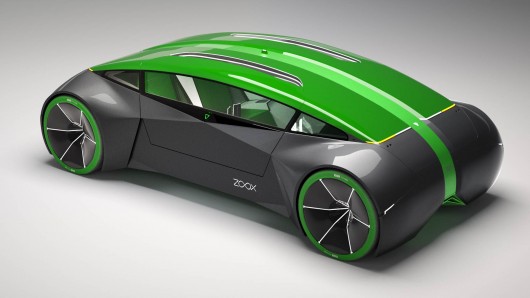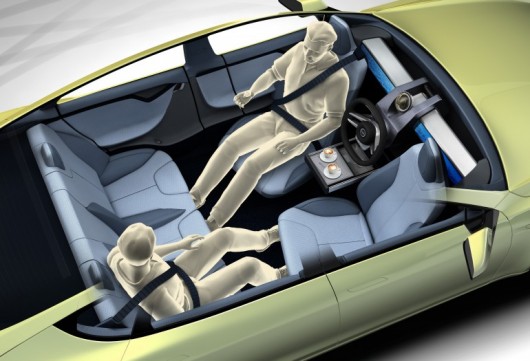It’s difficult to envision a time when driving by humans is outlawed even if autonomous vehicles are safer, but perhaps a “sin tax” will arise in the form of higher insurance for those who cling to the wheel. In “Would We Ever Ban Human Driving?” all sides of the issue are analyzed by Brad Templeton, who’s a consultant to Google in the driverless sector. The opening:
“I often see the suggestion that as Robocars get better, eventually humans will be forbidden from driving, or strongly discouraged through taxes or high insurance charges. Many people think that might happen fairly soon.
It’s easy to see why, as human drivers kill 1.2 million people around the world every year, and injure many millions more. If we get a technology that does much better, would we not want to forbid the crazy risk of driving? It is one of the most dangerous things we commonly do, perhaps only second to smoking.
Even if this is going to happen, it won’t happen soon. While my own personal prediction is that robocars will gain market share very quickly — more like the iPhone than like traditional automotive technologies — there will still be lots of old-style cars around for many decades to come, and lots of old-style people. History shows we’re very reluctant to forbid old technologies. Instead we grandfather in the old technologies. You can still drive the cars of long ago, if you have one, even though they are horribly unsafe death traps by today’s standards, and gross polluters as well. Society is comfortable that as market forces cause the numbers of old vehicles to dwindle, this is sufficient to attain the social goals.”
Tags: Brad Templeton


